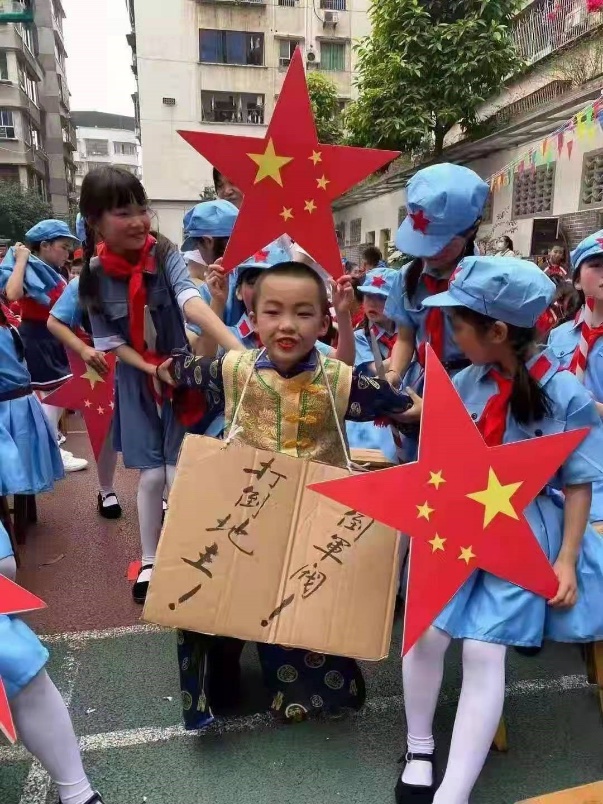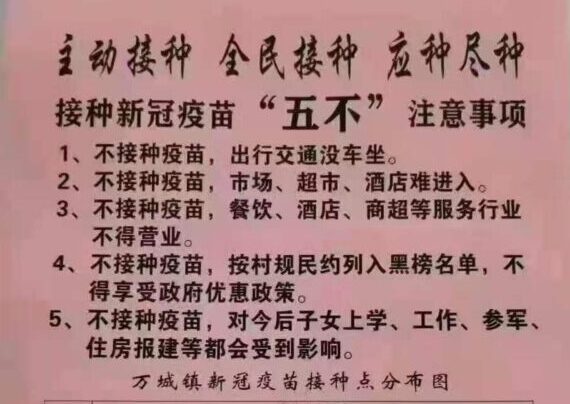The linguistic importance of Dungan is greatly disproportionate to the number of its speakers, approximately 150,000, who live in seven different countries that are widely spread across Eurasia: Kyrgyzstan, Kazakhstan, Russia, Tajikistan, Mongolia, Uzbekistan, and Ukraine. The main reason why Dungan has been the focus of so much interest during the half-century since I began studying this fascinating language is that it puts the lie to the fallacy that Sinitic languages can only be written with the Sinographic script (i.e., Chinese characters). The only Sinitic language that needs to be written with morphosyllabic characters is Literary Sinitic / Classical Chinese, a language that, in terms of its sayability, has been dead for millennia. The recent academic study of Dungan has played a key role in enabling language specialists and the lay public finally to come to this realization.
Because the Dungan people are so highly scattered across vast distances and live among dominant populations with completely different languages that they need to speak for daily survival, their own language — and consequently also its alphabetic script — is threatened with extinction. Furthermore, in recent decades the Dungans have been buffetted by ethnopolitical winds that make it even harder to maintain their unique identity. That is why I have long felt a sense of urgency about the need to document and research Dungan language and script in all of their dimensions (morphology, phonology, lexicography, grammar, syntax, script, literature, sociolinguistics…).
Read the rest of this entry »




